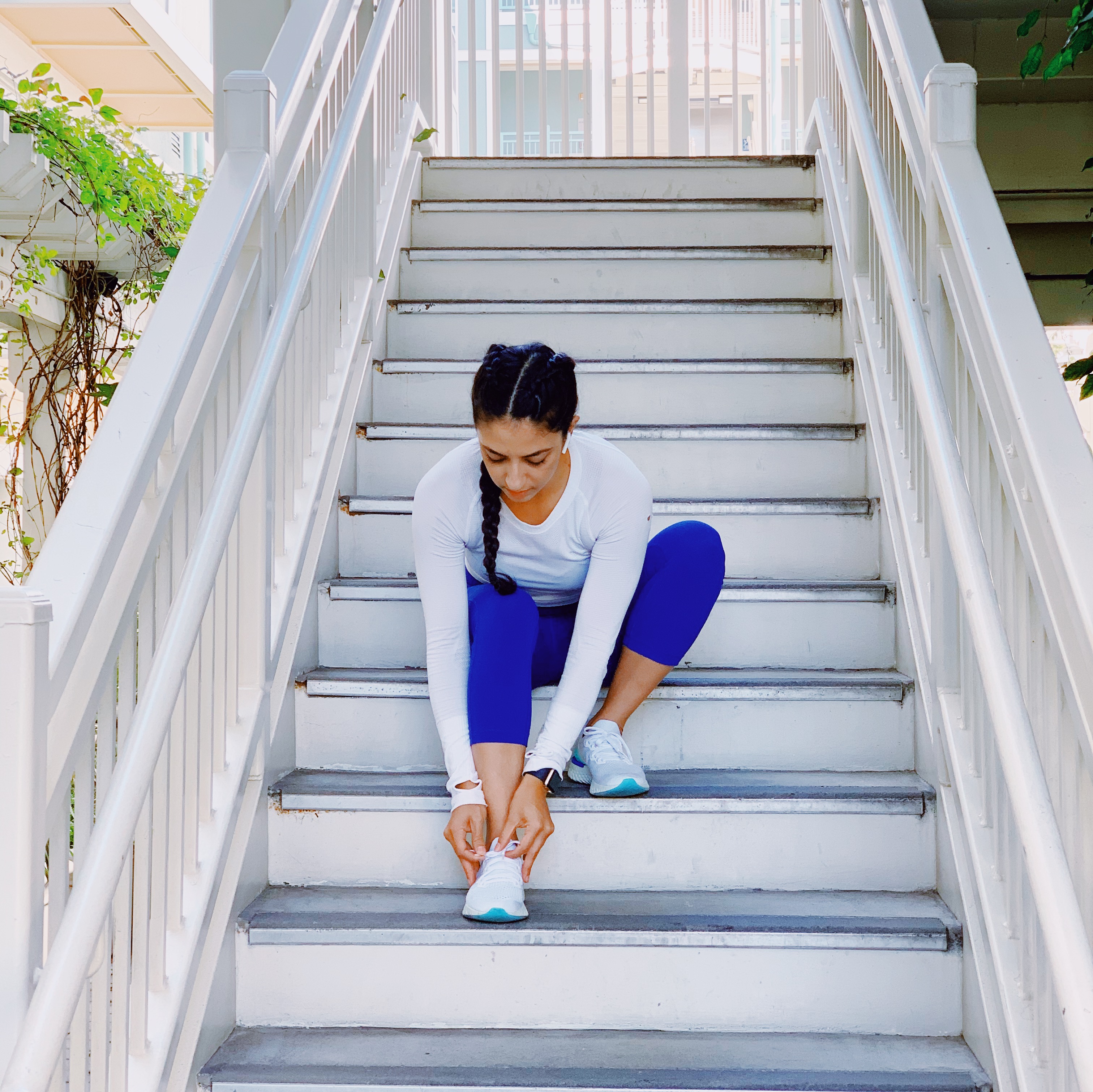It’s easy to get caught up in analyzing why you’re not “at your best” with all this “free” time. It’s easy to stop and criticize yourself for not sticking to your usual exercise routine. It’s also easy to fall into a panic with all this “decision fatigue” surrounding 2020. Mental health issues including anxiety and depression are fueled by the constant whirl of uncertainty in the world and are becoming more prevalent.
Wear a mask. Don’t go outside. Be careful how close you get to others. Wash your hands. Work from home. Also take time off from work at home. Stay fit while working out at home. Make sure the kids get a good education from home. Pack a bag for possible wildfire evacuation. Don’t go outside because of the air quality. Monitor your power in case it’s shut off due to the shortage. It’s all a lot. 2020 is a lot. But we will get through this.
Decision fatigue, originally coined by social psychologist Roy F. Baumeister, is the emotional and mental strain from a burden of choices. This can lead risky decision-making or decision avoidance. Mix that with anxiety and depression, both of which are on the rise with the pandemic, and there are real issues to be faced. Uncertainty seems to be everywhere.
I’m based in the Bay Area. For the past month, wildfires have been blazing from northern to southern California. We’ve had 23 consecutive Spare the Air days — a new record. Now, the pacific northwest is on fire with parts of California and the thick smoke from Oregon has made its way down to the San Francisco area with air quality indices reaching nearly 300. Smoke from Oregon can be seen as far as Michigan. Oregonians are trapped surrounded by fires in Northern California and Washington state.
With the pandemic closing gyms and fitness classes, an outlet for most active individuals was getting some fresh air and exercise with social distancing. Now, this is even difficult.
As a physical therapist, I help people continue to find ways to move despite injury. I help them find ways to exercise no matter what limitations they have. This past month, however, I’ve urged them not to overexert themselves. Most air quality indoors isn’t even that great right now. And the effects can be felt even with moderate intensity exercise. Those in good health may feel headaches, shortness of breath, or chest pain with a bout of exercise. The conditions are not favorable.
Instead of physical exercise, make a habit of mental exercise. I’ve now shifted towards making sure my clients and patients to pause for a moment. I’ve challenged them to stop and take care of their mind. It’s hard now, for a lot of reasons. Just like overtraining in physical fitness, the mind can be come overexerted with mental strain. Physical self-care is important, but so are mental, emotional, and spiritual self-care.
Try to find one thing in these other three self-care styles to cater to during this time. You don’t have to tackle it all at once. Make time to unwind, check in with yourself, meditate, and take breaks. Take breaks from things that require your attention. Practice breathing techniques and disconnect.
Three Wellness Reminders for Fall 2020:
- You can’t help others if you‘re not helping yourself first.
- Mental health and mental fitness are just as important as physical.
- It’s a marathon, not a sprint. Pace yourself.
So while we make it towards the last season of one of the hardest years in history, remember to take care of both mind and body with the goals of staying balanced and well.
And remember that your fitness may look a little different this season…and that’s okay.


